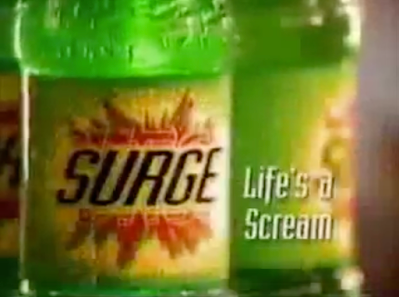Rather than watch 1965’s “The Greatest Story Ever Told” on Easter Sunday, I watched “The Greatest Night Pop,” along with My Beautiful, Perspicacious Wife, and a few Friends of the Blog. Our viewing choice was hardly any less apropos if you believe, as some culture writers would, that celebrities are the morally bankrupt modern world’s true religious icons. After all, the title of Bao Nguyen’s Netflix documentary refers to the one-night recording of the famous, partially infamous “We Are the World” charity single of 1985 in which scores of celebrated musical recording artists gathered in Los Angeles to record a track drawing attention to the famine crippling Africa, which is why they christened their uber-supergroup, of sorts, as USA for Africa. Whether “We Are the World” made it good on its benevolent intentions is a question I cannot really answer in this review not least because the movie itself barely mounts a case as the song being a genuine force for good, just proffering a few broad statistics, boilerplate observations, and perhaps most revealingly, Kenny Loggins noting that he “wasn’t that aware of what was going on in Africa, but, at that time, whatever Michael (Jackson) did turned to gold.” No, given that Lionel Richie, the song’s co-writer along with Jackson, and driving force in its recording, functions as executive producer, “The Greatest Night in Pop” becomes a victory lap. And yet, if that slanted perspective naturally call this whole enterprise into question, the peek behind the curtain is so good, that it’s difficult not to come away entertained, if not also a little in awe that the whole thing happened in the first place.
For starters, did you know that “We Are the World” was recorded the same night as the 1985 American Music Awards? The same American Music Awards where Lionel Richie not only won seven times but hosted? Hosting an awards show is an exhausting process in and of itself and then afterwards Richie, exhausted, went to a recording studio and exhausted himself all over again by wrangling 50 of the biggest egos on the planet. That’s insanity. That’s like if after hosting the Academy Awards, Jimmy Kimmel went and tried to herd 50 standup comedians into recording a standup record to benefit [insert your preferred current global crisis here]. Maybe even more impressive than that, though, is how the song that Richie and Jackson wrote, and that crucially, Quincy Jones produced, never became a muddled mess but found a way to incorporate all those voices by utilizing their strengths in all the right places, effectively transforming pop music’s best and brightest into a genuine choir, and dispensing a compelling argument that made me reconsider my longtime blithe dismissal of the track.
Above all, “The Greatest Night in Pop” is a treasure trove of behind-the-scenes footage and more often than not, Nguyen makes the most of it. Not just in granting a figurative backstage pass with intimate glimpses of so many pop superstars just sort of milling around like hesitant kids on the first day of camp, but in demonstrating how “We Are the World” was much less lightning in a bottle than into the wee hours of the morning blood, sweat and tears. Bob Dylan, reduced to so many severe, sweaty close-ups, virtually drowns amongst his peers before rising to the occasion for his solo and the hero’s journey of Huey Lewis, to quote My Beautiful, Perspicacious Wife, when he is asked to pinch-hit as one part of a three-part melody for no-show Prince and becomes to this doc what Elaine Stritch was in trying to nail “The Ladies Who Lunch” in D.A. Pennebaker’s “Original Cast Album: Company” (1970). That direct cinema documentary utilized Pennebaker’s preferred fly on the wall approach, one that Nguyen rejects, preferring to interject all manner of talking head interviews, repeatedly yanking us back into the present. It’s not a wrong approach, really, frequently enjoyable, even insightful. And yet, it also comes to feel like something is being left on the table, layering an unmistakable sense of post factum varnish epitomizing “The Greatest Night in Pop” as a final accounting for the historical record rather than a living, breathing document of history as it is being written.















